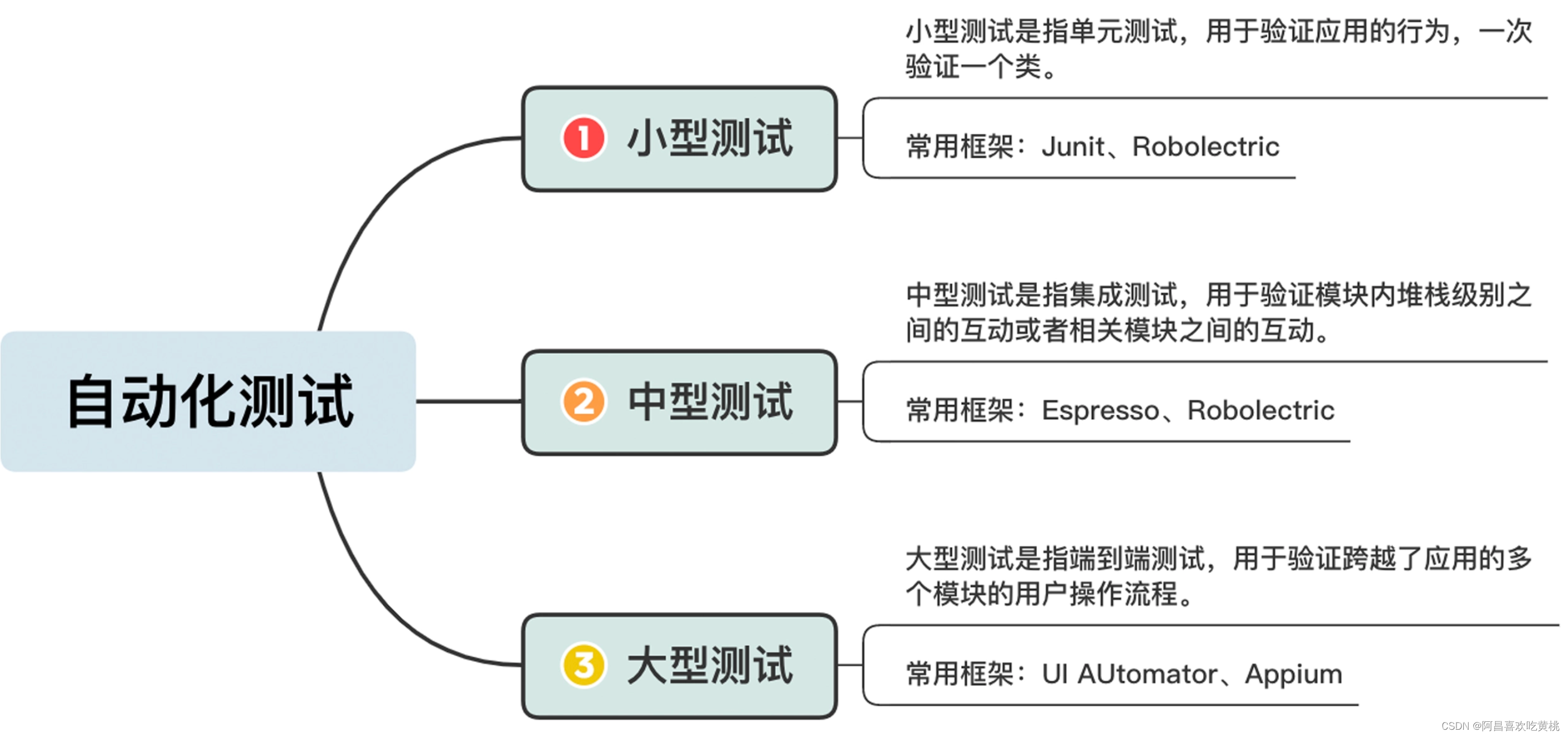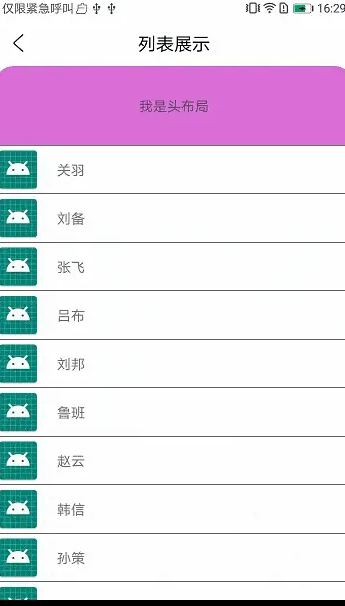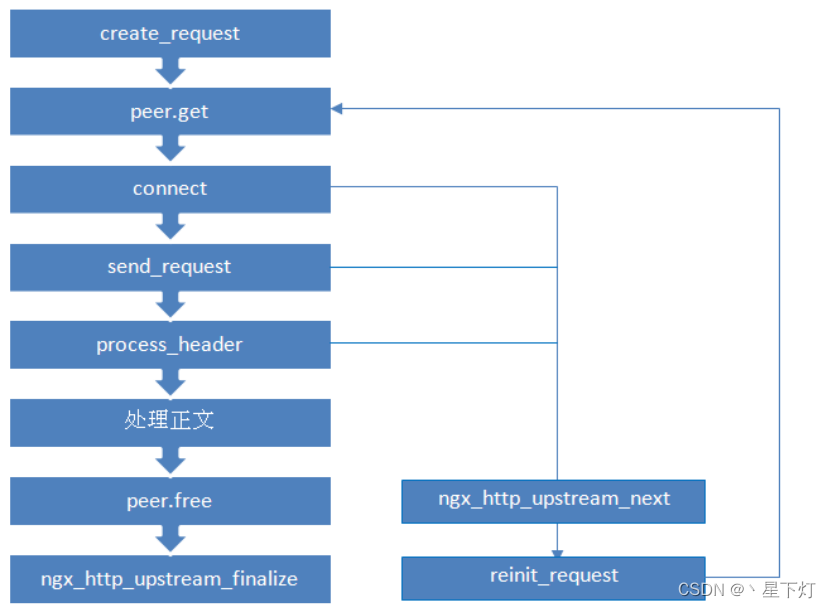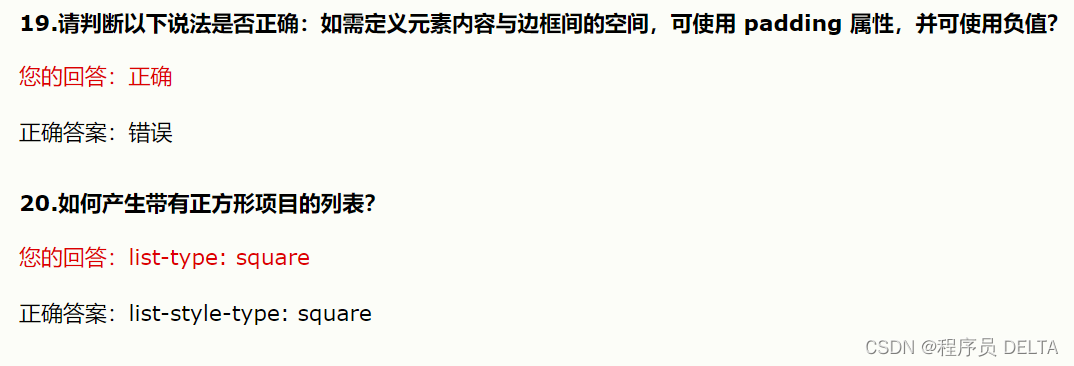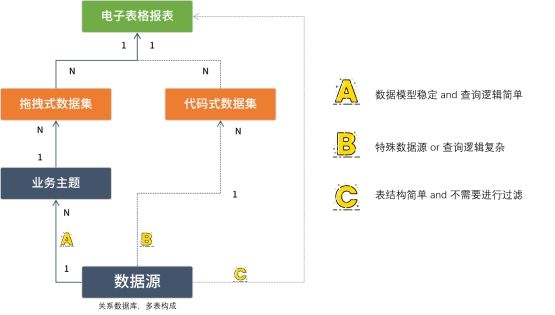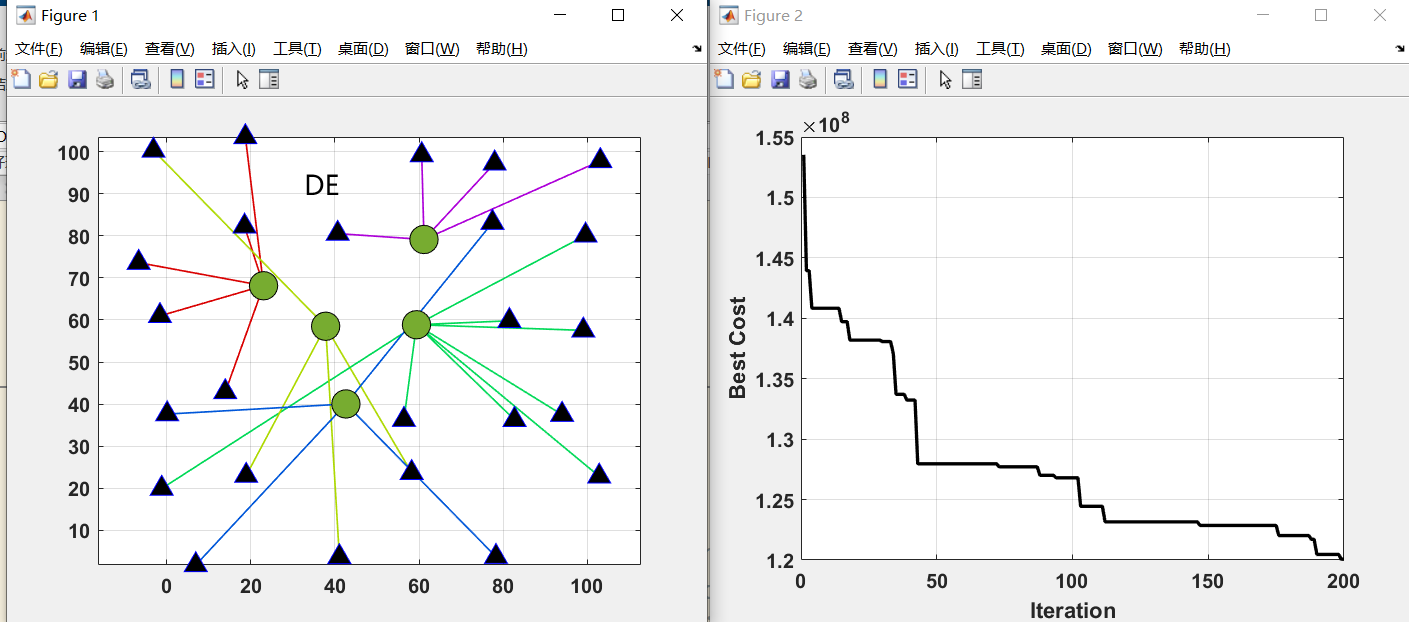
目录
1. 字母异位词分组 🌟🌟
2. 计算右侧小于当前元素的个数 🌟🌟🌟
3. 加一 🌟
🌟 每日一练刷题专栏 🌟
Golang每日一练 专栏
Python每日一练 专栏
C/C++每日一练 专栏
Java每日一练 专栏
1. 字母异位词分组
给定一个字符串数组,将字母异位词组合在一起。字母异位词指字母相同,但排列不同的字符串。
示例:
输入:[eat", "tea", "tan", "ate", "nat", "bat"] 输出:[[ate","eat","tea"],["nat","tan"],["bat"]]
说明:
- 所有输入均为小写字母。
- 不考虑答案输出的顺序。
以下程序实现了这一功能,请你填补空白处内容:
···c++
#include <bits/stdc++.h>
using namespace std;
class Solution
{
public:
vector<vector<string>> groupAnagrams(vector<string> &strs)
{
vector<vector<string>> res;
unordered_map<string, vector<string>> ht;
for (const auto &str : strs)
{
int counts[26] = {0};
for (char c : str)
{
counts[c - 'a']++;
}
string key;
for (int i : counts)
{
________________;
}
ht[key].push_back(str);
}
for (const auto &t : ht)
{
res.push_back(t.second);
}
return res;
}
};
```
出处:
https://edu.csdn.net/practice/25797440
代码:
#include <bits/stdc++.h>
using namespace std;
class Solution
{
public:
vector<vector<string>> groupAnagrams(vector<string> &strs)
{
vector<vector<string>> res;
unordered_map<string, vector<string>> ht;
for (const auto &str : strs)
{
int counts[26] = {0};
for (char c : str)
{
counts[c - 'a']++;
}
string key;
for (int i : counts)
{
key.push_back(i + '#');
key.push_back('0');
}
ht[key].push_back(str);
}
for (const auto &t : ht)
{
res.push_back(t.second);
}
return res;
}
};
string vectorToString(vector<string> vect) {
stringstream ss;
ss << "[";
for (size_t i = 0; i < vect.size(); i++)
{
ss << vect[i];
ss << (i < vect.size() - 1 ? "," : "]");
}
return ss.str();
}
int main()
{
Solution s;
vector<string> strs = {"eat", "tea", "tan", "ate", "nat", "bat"};
for (auto str:s.groupAnagrams(strs))
cout << vectorToString(str)<< " ";
cout << endl;
return 0;
}输出:
[bat] [tan,nat] [eat,tea,ate]
2. 计算右侧小于当前元素的个数
给你`一个整数数组 nums ,按要求返回一个新数组 counts 。
数组 counts 有该性质: counts[i] 的值是 nums[i] 右侧小于 nums[i] 的元素的数量。
示例 1:
输入:nums = [5,2,6,1]
输出:[2,1,1,0]
解释:
5 的右侧有 2 个更小的元素 (2 和 1)
2 的右侧仅有 1 个更小的元素 (1)
6 的右侧有 1 个更小的元素 (1)
1 的右侧有 0 个更小的元素
示例 2:
输入:nums = [-1] 输出:[0]
示例 3:
输入:nums = [-1,-1] 输出:[0,0]
提示:
1 <= nums.length <= 10^5-10^4 <= nums[i] <= 10^4
出处:
https://edu.csdn.net/practice/25797441
代码:
#include <bits/stdc++.h>
using namespace std;
class Solution
{
public:
struct BSTNode
{
int val;
int count;
BSTNode *left;
BSTNode *right;
BSTNode(int x) : val(x), left(NULL), right(NULL), count(0) {}
};
void BST_insert(BSTNode *node, BSTNode *insert_node, int &count_small)
{
if (insert_node->val <= node->val)
{
node->count++;
if (node->left)
{
BST_insert(node->left, insert_node, count_small);
}
else
{
node->left = insert_node;
}
}
else
{
count_small += node->count + 1;
if (node->right)
{
BST_insert(node->right, insert_node, count_small);
}
else
{
node->right = insert_node;
}
}
}
vector<int> countSmaller(vector<int> &nums)
{
vector<int> result;
vector<BSTNode *> node_vec;
vector<int> count;
for (int i = nums.size() - 1; i >= 0; i--)
{
node_vec.push_back(new BSTNode(nums[i]));
}
count.push_back(0);
for (int i = 1; i < node_vec.size(); i++)
{
int count_small = 0;
BST_insert(node_vec[0], node_vec[i], count_small);
count.push_back(count_small);
}
for (int i = node_vec.size() - 1; i >= 0; i--)
{
delete node_vec[i];
result.push_back(count[i]);
}
return result;
}
};输出:
[2,1,1,0]
3. 加一
给定一个由 整数 组成的 非空 数组所表示的非负整数,在该数的基础上加一。
最高位数字存放在数组的首位, 数组中每个元素只存储单个数字。
你可以假设除了整数 0 之外,这个整数不会以零开头。
示例 1:
输入:digits = [1,2,3] 输出:[1,2,4] 解释:输入数组表示数字 123。
示例 2:
输入:digits = [4,3,2,1] 输出:[4,3,2,2] 解释:输入数组表示数字 4321。
示例 3:
输入:digits = [0] 输出:[1]
提示:
1 <= digits.length <= 1000 <= digits[i] <= 9
出处:
https://edu.csdn.net/practice/25797442
代码:
#include <bits/stdc++.h>
using namespace std;
class Solution
{
public:
vector<int> plusOne(vector<int> &digits)
{
int carry = 1;
vector<int> res;
for (int i = digits.size() - 1; i >= 0; i--)
{
int d = digits[i] + carry;
res.push_back(d % 10);
carry = d / 10;
}
if (carry > 0)
{
res.push_back(carry);
}
reverse(res.begin(), res.end());
return res;
}
};
string vectorToString(vector<int> vect) {
stringstream ss;
ss << "[";
for (size_t i = 0; i < vect.size(); i++)
{
ss << to_string(vect[i]);
ss << (i < vect.size() - 1 ? "," : "]");
}
return ss.str();
}
int main()
{
Solution s;
vector<int> digits = {1,2,3};
cout << vectorToString(s.plusOne(digits))<< endl;
digits = {9,9,9};
cout << vectorToString(s.plusOne(digits))<< endl;
return 0;
}输出:
[1,2,4]
[1,0,0,0]
🌟 每日一练刷题专栏 🌟
✨ 持续,努力奋斗做强刷题搬运工!
👍 点赞,你的认可是我坚持的动力!
🌟 收藏,你的青睐是我努力的方向!
✎ 评论,你的意见是我进步的财富!
☸ 主页:https://hannyang.blog.csdn.net/
 | Golang每日一练 专栏 |
 | Python每日一练 专栏 |
 | C/C++每日一练 专栏 |
 | Java每日一练 专栏 |
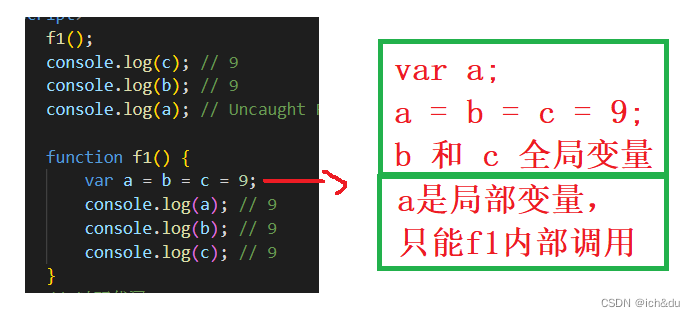

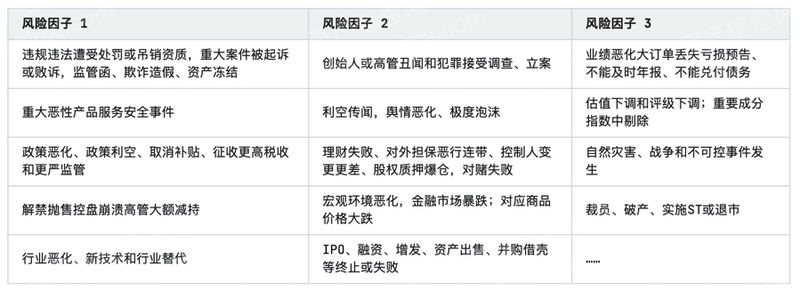
![[Python工匠]输出① 变量与注释](https://img-blog.csdnimg.cn/ecef55451942454c9f0b3b1fddb6946b.png)

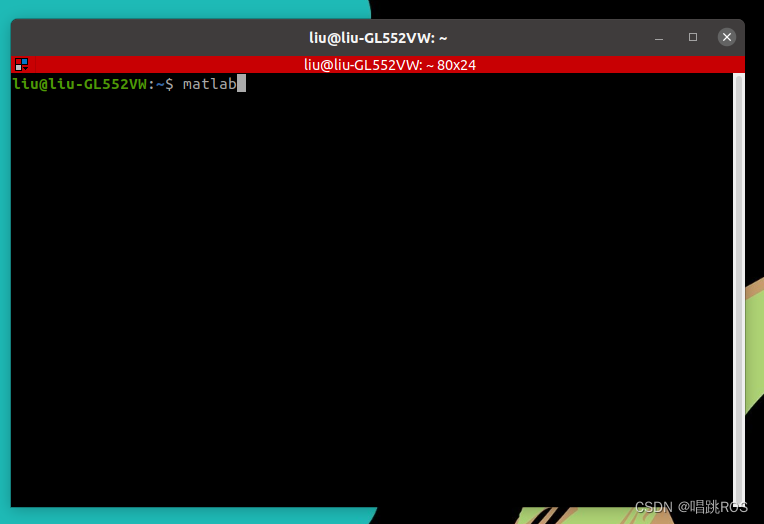

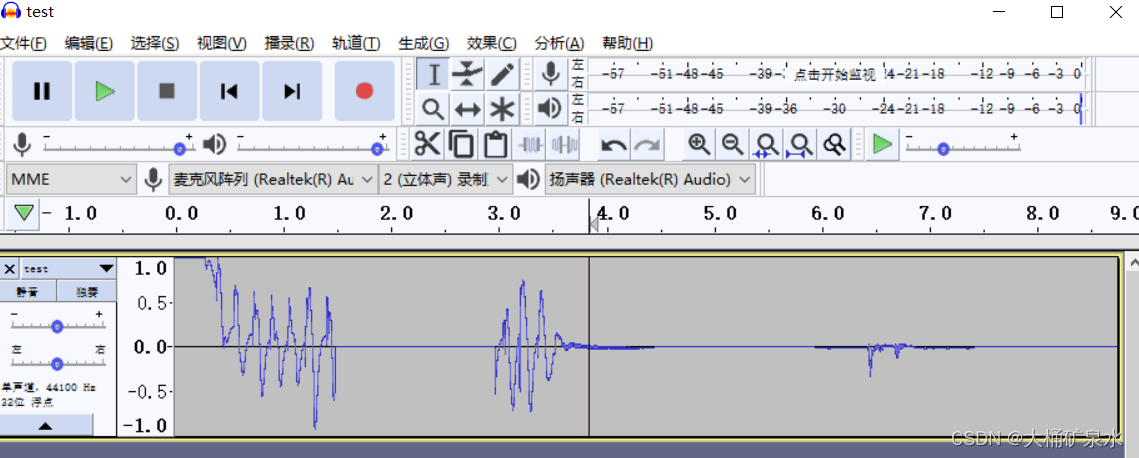
![状态设计模式(State Pattern)[论点:概念、相关角色、图示、示例代码、框架中的运用、适用场景]](https://img-blog.csdnimg.cn/dde5eda6e370408bbc329458b5d5d5dd.png#pic_center)
